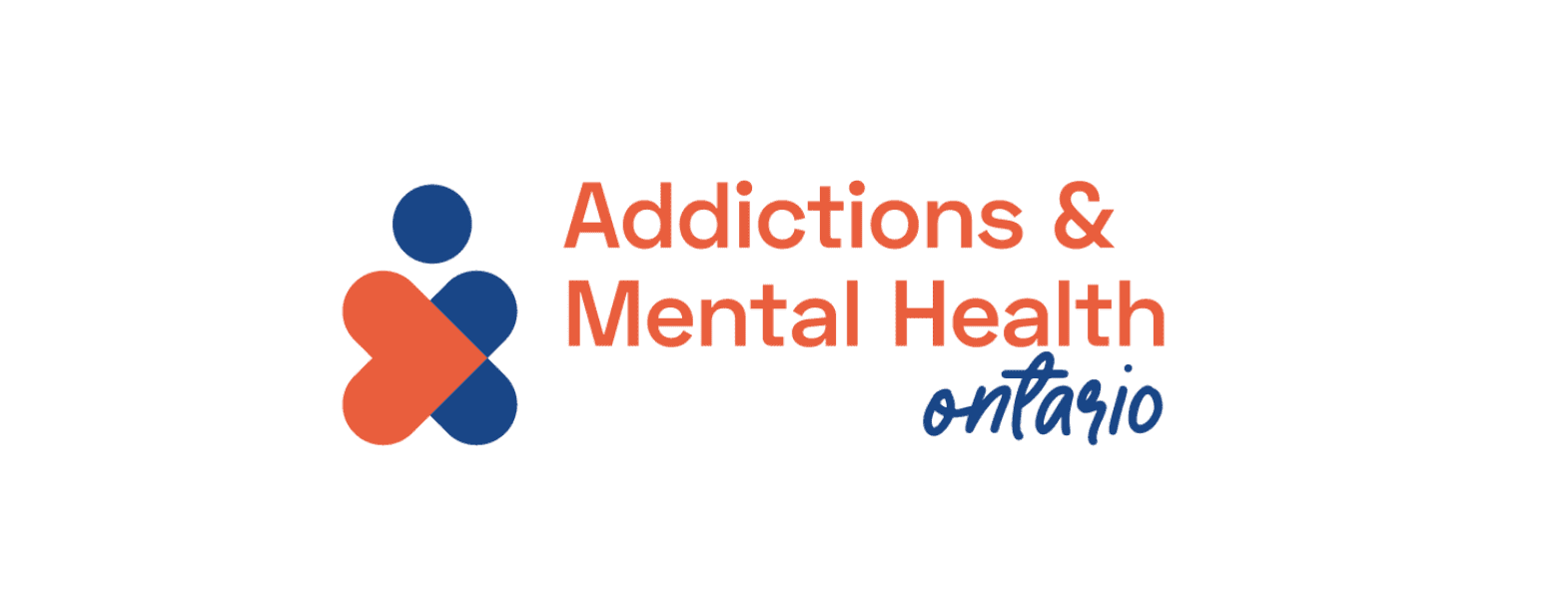
FOR IMMEDIATE RELEASE
December 12th, 2024
Meeting the Need: Investing in Long-Term Solutions to Address Ontario’s Mental Health, Substance Use, and Homelessness Crises
Toronto, ON – Ontario is experiencing intersecting crises with high rates of homelessness, chronic mental illness, substance use and addictions, poverty, and justice-system involvement. With over 1,400 encampments across the province, and an average of seven people dying per day due to drug poisonings, Ontario finds itself amid compounding toxic drug supply and housing crises.
Between 2022 and 2023, the community mental health and addictions (MHA) sector served an additional 70,000 clients (13% increase) and completed an additional 225,000 service visits (10% increase). As the rising demand for MHA services continues to outpace the available resources, thousands of Ontarians find themselves waiting months, if not years, for care.
Despite representing less than 2% of the province’s population, ~16% of individuals admitted to Ontario’s correctional facilities in 2021 were homeless, while ~75% of Ontario’s homeless population have, or have had, a mental health or substance use disorder. Connecting individuals experiencing homelessness and/or MHA challenges with a safe and supportive place to call home must be a top priority.
In 2022, Ontarians spent 91,754 days waiting for supportive housing. Different than affordable housing which focuses on removing the financial barriers to housing, supportive housing’s holistic and client-centric approach provides a stable foundation for recovery, independence, and community reintegration. In 2023, the cumulative wait time for supportive housing reached 106,101 days.
A rapid review of AMHO’s supportive housing members revealed that Ontario could add as many as 1,000 new low, medium, and highly supportive housing spaces in 2025/26 with an $80 million investment. At ~$72/day, supportive housing costs a fraction of the ~$300/day Ontario spends per individual in correctional facilities, and ~$600/day for those receiving mental health care in a hospital setting.
This spring, the Ontario government will table the 2025 budget. The budget is an opportunity to both expand access to community MHA programs, and address long-standing health human resources challenges which have prevented thousands of Ontarians from accessing the timely, high-quality MHA care they need and deserve.
As our province looks towards solutions to address these complex and pressing issues, AMHO continues to offer its support, expertise, and experience to ensure that all Ontarians have access to the MHA supports they need, where and when they need them.
-30-
About Addictions and Mental Health Ontario
Addictions and Mental Health Ontario (AMHO) represents nearly 150 organizations that provide front-line substance use, addiction, and mental health support and services. AMHO members support Ontarians through their mental health and substance use challenges by providing community-based treatment, including counselling, structured psychotherapy, case management, withdrawal management, live-in addictions treatment, peer support, harm reduction supports, and supportive housing.
For media inquiries, please contact:
David Turnbull
Director, Public Affairs
david.turnbull@amho.ca